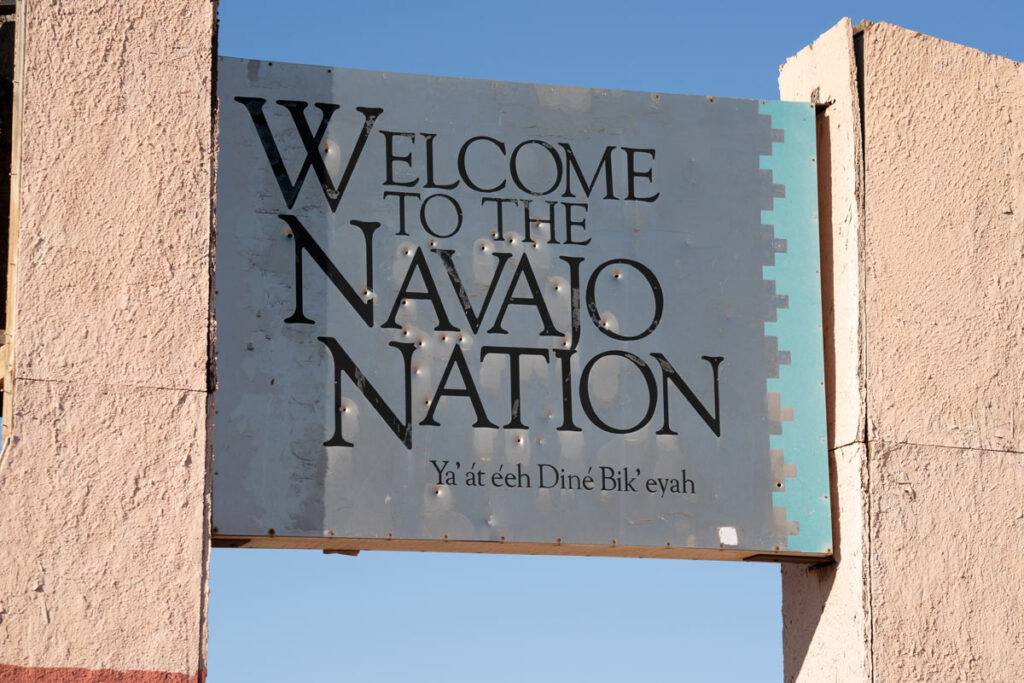
Navajo water rights overview:
- Who: The U.S. Supreme Court ruled for the state of Arizona in a dispute with the Navajo Nation.
- Why: The Supreme Court ruled, 5-4, that the states of Arizona, Nevada and Colorado are not responsible for securing and sending water to the Navajo Nation’s reservation.
- Where: The ruling came from the United States Supreme Court.
The United States Supreme Court ruled that the surrounding states of Arizona, Nevada and Colorado are not responsible for securing and sending water to the Navajo Nation based upon an 1868 treaty.
The 5-4 Navajo water rights ruling stated that the Navajo Nation has access to any of the water on its 17 million acres of reservation in the Colorado River Basin but that the states are not required to send water to the reservation.
“While the 1868 treaty ‘set apart’ a reservation for the ‘use and occupation of the Navajo tribe,’ it contains no language imposing a duty on the United States to take affirmative steps to secure water for the Tribe,” the Supreme Court Navajo ruling summary states. “Notably, the 1868 treaty did impose a number of specific duties on the United States, but the treaty said nothing about any affirmative duty for the United States to secure water.”
Navajo Nation claimed that treaty required U.S. to evaluate, provide water to reservation
The Navajo Nation claimed that the 1868 treaty required the U.S. to procure water for the reservation, stating it was responsible for “assessing the Tribe’s water needs, developing a plan to secure the needed water, and potentially building pipelines, pumps, wells, or other water infrastructure— either to facilitate better access to water on the reservation or to transport off-reservation water onto the reservation.”
But the treaty’s text and history do not show the U.S. is required to do that and the Supreme Court is not responsible for re-writing that 155-year-old treaty to apply to today’s water issues, according to the Supreme Court Navajo majority ruling written by Justice Brett Kavanaugh.
The U.S. Supreme Court recently ruled that the Indian Child Welfare Act does not exceed Congress’ legislative authority nor does it violate the nondelegation doctrine.
Do you live in an area that is struggling with a water supply shortage? Let us know in the comments.
The Navajo water rights ruling is Arizona et al. v. Navajo Nation et al., Ruling No. 21-1484 from the U.S. Supreme Court.
Don’t Miss Out!
Check out our list of Class Action Lawsuits and Class Action Settlements you may qualify to join!
Read About More Class Action Lawsuits & Class Action Settlements:














